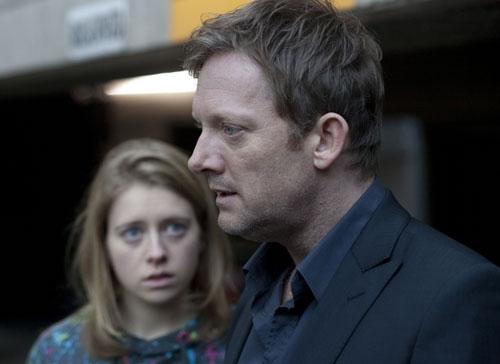There was a gnawing suspicion that The Silence wouldn’t amount to much, since it was dumped in a four-night splurge in the middle of the mid-summer doldrums, and even the normally docile Radio Times had decided to stamp its foot and pick holes in it. One’s apprehension proved ill-founded, however. It turned out to be taut, tense, well acted and smartly written, and carried enough pace to lift it over the more credulity-stretching passages.
Australian screenwriter Fiona Seres had set the bar pretty high for herself. On the one hand, The Silence was a drama about an extended family, with the theme of wife Anne (Gina McKee), husband Chris (Hugh Bonneville) and their deaf daughter Amelia (Genevieve Barr) pushed front and centre. On the other, it tracked the course of a double murder investigation headed by DCI Jim Edwards (played with sustained intensity by Douglas Henshall).
















Add comment